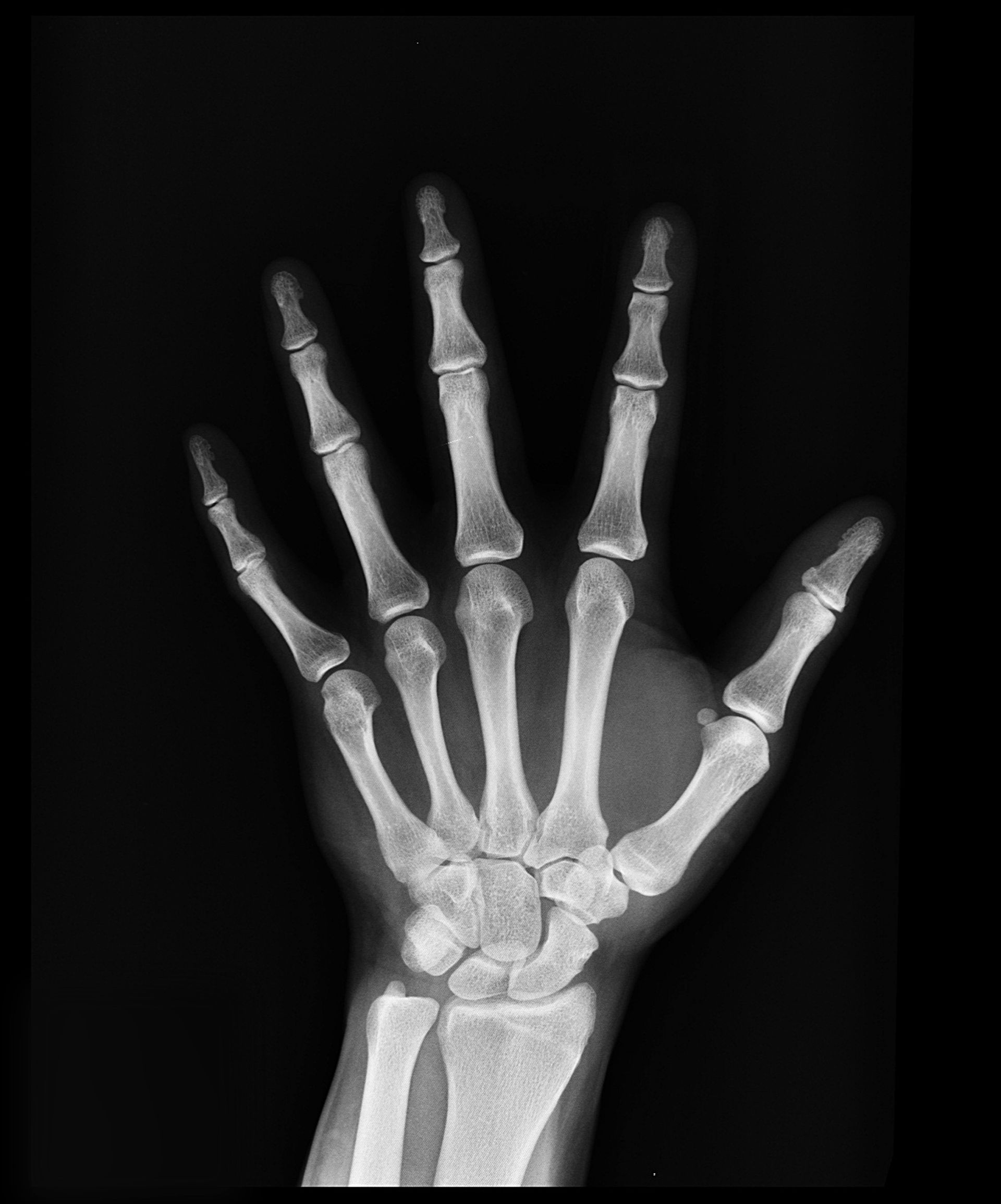LEARN: Fasting bloods
Fasting Blood Tests: What You Need to Know
Some blood tests require fasting, which means you shouldn’t eat or drink anything (except water) for a set period before your test—usually 8 to 12 hours. This helps ensure accurate results.
Why Fasting Matters for Certain Tests
🔹 Cholesterol (Lipid Panel)
Eating before the test can temporarily raise triglycerides and slightly alter cholesterol levels.
Fasting gives a clearer picture of your baseline cholesterol levels and cardiovascular risk.
🔹 Iron Studies
Food, especially red meat and iron supplements, can temporarily raise iron levels, leading to misleading results.
Fasting ensures we measure your body’s natural iron stores, helping diagnose iron deficiency or overload conditions.
🔹 P1NP (Procollagen Type 1 N-Terminal Propeptide)
This test measures bone formation and is used to monitor osteoporosis treatment.
Eating before the test may affect results, as P1NP can fluctuate with food intake. Fasting provides more consistent readings.
Tips for Fasting
✅ Drink plenty of water—this keeps your veins easy to access.
✅ Take medications as usual, unless your doctor advises otherwise.
✅ Avoid coffee, tea, and alcohol, as they can affect results.
✅ Plan your test early in the morning to make fasting easier.
If you're unsure whether you need to fast, check with your healthcare provider beforehand!
P1NP and Bone Health
P1NP | Procollagen-1-term-peptide
P1NP is a marker of bone turnover, and made during collagen synthesis. Collagen is a component of bone.
Why do P1NP?
• If you have osteopenia or osteoporosis we can monitor P1NP as a marker of is the management plan decreasing bone turnover.
• P1NP can be done at baseline, prior to bisphosphonate or HRT initiation and then 3 months after treatment. We would expect that the level should have decreased. This would demonstrate decreased breakdown. In cases of no, or minimal drop if one is on oral bisphosphonates this would demonstrate suboptimal absorption and another mode of administration should be used. In cases of HRT it may be that we increase the dose, or add in another medication.
Be aware that
• supplementary biotin may cause falsely low results (so please inform the provider if you are taking this)
• P1NP isn’t reliable in cases of renal failure
The P1NP test can vary by 20-30%, but you can minimize this variability by having the blood test done in the morning while fasting. Bone turnover is highest in the early morning and decreases significantly by midday. Additionally, eating meals suppresses markers of bone breakdown, particularly those linked to resorption.


